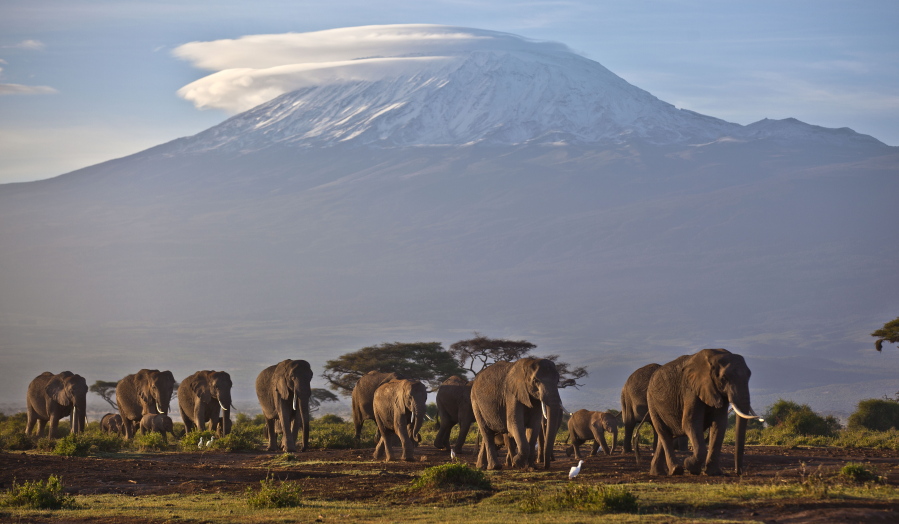NAIROBI, Kenya — Africa’s rare glaciers will disappear in the next two decades because of climate change, a new report warned Tuesday amid sweeping forecasts of pain for the continent that contributes least to global warming but will suffer from it most.
The report from the World Meteorological Organization and other agencies, released ahead of the U.N. climate conference in Scotland that starts Oct. 31, is a grim reminder that Africa’s 1.3 billion people remain “extremely vulnerable” as the continent warms more, and at a faster rate, than the global average. And yet Africa’s 54 countries are responsible for less than 4 percent of global greenhouse gas emissions.
The new report seizes on the shrinking glaciers of Mount Kilimanjaro, Mount Kenya and the Rwenzori Mountains in Uganda as symbols of the rapid and widespread changes to come. “Their current retreat rates are higher than the global average. If this continues, it will lead to total deglaciation by the 2040s,” it says.
Massive displacement, hunger and increasing climate shocks such droughts and flooding are in the future, and yet the lack of climate data in parts of Africa “is having a major impact” on disaster warnings for millions of people, WMO Secretary-General Petteri Taalas said at Tuesday’s launch.



